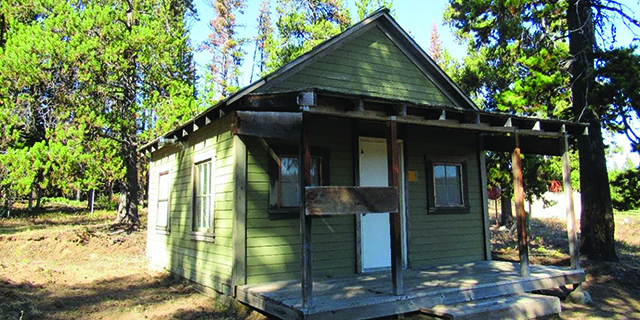Climate change is real, Congress isn’t
Published 1:48 pm Tuesday, February 24, 2015
The politicization of climate change is one of the stranger aspects of recent American history. The big hang-up of many climate deniers is whether mankind caused global warming.
Greg Page says he doesn’t know or care whether human activity causes climate change. But as an official with the Midwest grain company Cargill, Page does know that climate change is upon us and that it will cause enormous costs for food producers.
Trending
Page is part of a business consortium called the Risky Business Project. It formed last June. Burt Helm of The New York Times profiled the group on Feb. 1. The project’s report is “Risky Business: The Economic Risks of Climate Change in the United States.”
The striking thing about the Risky Business coalition is that it includes high profile members who do not agree politically. But they do agree that denying climate change would be irresponsible. Its members span a spectrum that includes former New York Mayor Michael Bloomberg and former George W. Bush Treasury Secretary Henry Paulson.
The politicization of just about everything is a benefit to campaign fundraisers and ideological media, but it only yields stalemate. No business would tolerate that approach. In fact, many large corporations have long recognized the dimensions of climate change. The Weyerhaeuser Co. has a climate change strategy. And despite Congress’ standoff, the CIA and the Department of Agriculture long ago admitted this was coming.
Congress is failing us on a broad range of pressing matters. None are quite as big as climate change. While the rest of America goes to work and adapts to changing circumstances, Congress collects its salary and awaits its pension while doing nothing.









